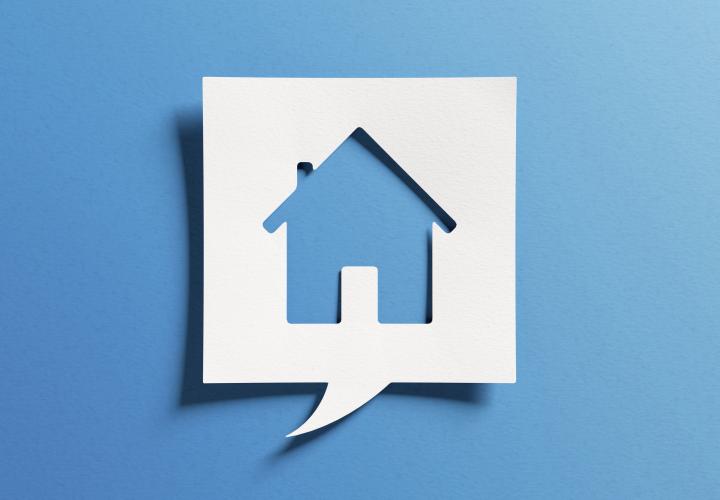Last week, I was preparing for my workday with a hot cup of coffee in one hand and my phone in the other. As someone formally trained in human development and family sciences now working to advance the impact of social innovations, a certain CBS News headline ceased my early morning scrolling: “Free housing for educators being offered to help curb high rent prices''.
Despite extensive research demonstrating the value and importance of high-quality early care and education (ECE), the Bureau of Labor Statists states that the salary of an ECE provider in the United States averages $28,520. In the news coverage, Allyx Schiavone, Executive Director of the Friends Center for Children in New Haven, Connecticut, powerfully addresses the ECE crisis by remarking how “parents pay too much, educators make too little - providers like us can barely survive.”
Kristen Calderon, a teacher at the Friends Center for Children, expanded on Schiavone’s sentiment by sharing how she “often chooses which utility bill to skip to avoid being homeless, even with her hourly wage being above the national average of $14.22 for early childhood educators”. According to the news coverage, Schiavone asserted that incrementally raising teacher salaries would not remedy the persistent economic challenges, and thus the idea to build free housing for providers at the center, a novel social innovation, emerged. "A one-time purchase with a forever return was much smarter for us than trying to raise teacher’s annual salaries because we can't come up with $20,000 for each teacher," said Schiavone. "This is not being done anywhere in the country. We are the first to provide free housing to early care and education teachers".
To successfully implement the innovation, The Friends Center for Children partnered with students from Yale University’s School of Architecture, who helped to design and build the homes. Calderon, who will be moving into a new house as part of the initiative, speaks to the impact of the innovation by sharing how she “can be a more educated, more patient, and more loving teacher when [she] doesn’t have to worry about whether [she] is going to have a place to go home to or not tonight.” Innovations like this can inspire individuals and organizations to think more critically about disparities across sectors and encourage them to consider how child health outcomes might be strengthened if we also prioritize the health and well-being of the adults influencing children’s lives.
Sustaining and/or scaling creative approaches to optimizing child health and development can supplement ongoing advocacy efforts for more universal solutions. Innovation and implementation science suggest that initiatives like this are at the “implementation/sustain” stage of development. To expand the scale and spread of the innovation, changemakers like the Friends at the Center for Children might consider introducing and implementing the innovation in new contexts and settings. Schiavone hopes that the innovation will serve as a model for new ways of supporting ECE providers, ultimately influencing state and local governments to incite positive change.
Childhood Prosperity Lab (The Lab), is one of 17 community-based programs in Connecticut Children’s Office for Community Child Health dedicated to building partnerships across all sectors known to impact child health, development and well-being, such as housing, transportation, food and nutrition, and family support services. The Lab advances social innovations where children live, learn, work, play, and pray by engaging changemakers in Mastermind sessions. Are you designing and piloting innovative strategies that promote the healthy development and well-being of children and families? We want to hear from you! The Lab is currently scheduling Mastermind sessions for 2024. To participate in a Mastermind, fill out this form.
